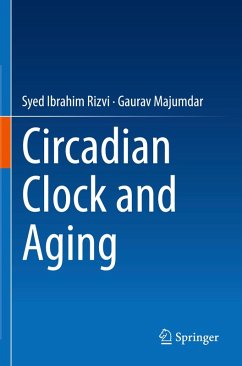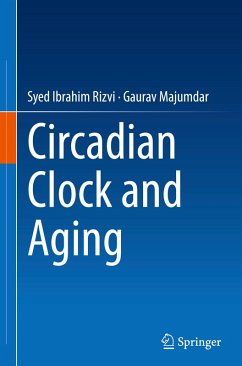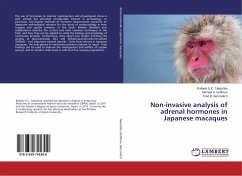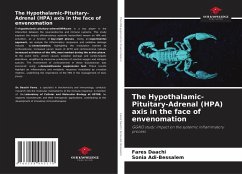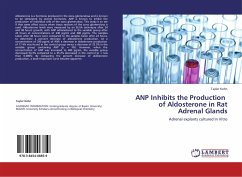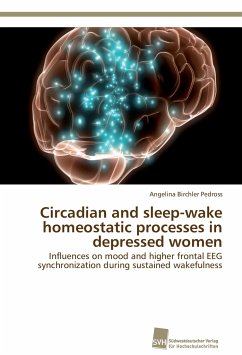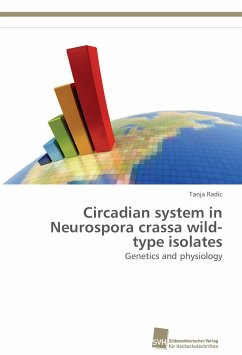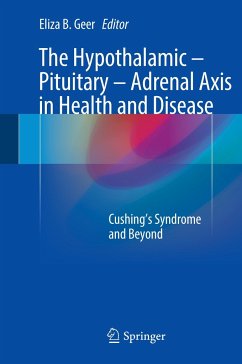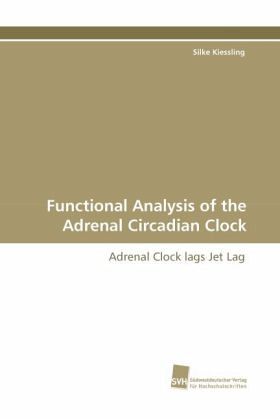
Functional Analysis of the Adrenal Circadian Clock
Adrenal Clock lags Jet Lag
Versandkostenfrei!
Versandfertig in 6-10 Tagen
59,99 €
inkl. MwSt.

PAYBACK Punkte
30 °P sammeln!
The term Jet lag comprises a range of psycho- and physiopathological symptoms that arise from temporal misalignment of the endogenous circadian clock with external time. Repeated jet lag exposure, encountered by business travelers and airline personnel as well as shift workers, has been correlated with immune deficiency, mood disorders, elevated cancer risk and anatomical anomalies of the forebrain. Here we characterized the molecular response of the murine circadian system in an established experimental paradigm for jet lag. Unexpectedly, strong heterogeneity of entrainment kinetics was found...
The term Jet lag comprises a range of psycho- and physiopathological symptoms that arise from temporal misalignment of the endogenous circadian clock with external time. Repeated jet lag exposure, encountered by business travelers and airline personnel as well as shift workers, has been correlated with immune deficiency, mood disorders, elevated cancer risk and anatomical anomalies of the forebrain. Here we characterized the molecular response of the murine circadian system in an established experimental paradigm for jet lag. Unexpectedly, strong heterogeneity of entrainment kinetics was found not only between different organs, but also within the molecular clockwork of each tissue. Manipulation of the adrenal circadian clock, in particular phase-shifting of adrenal glucocorticoid rhythms, regulates the speed of behavioral re-entrainment. This key role of adrenal glucocorticoid phasing for resetting of the circadian system provides a novel mechanism-based approach for the therapyof jet lag and jet lag-associated diseases.




